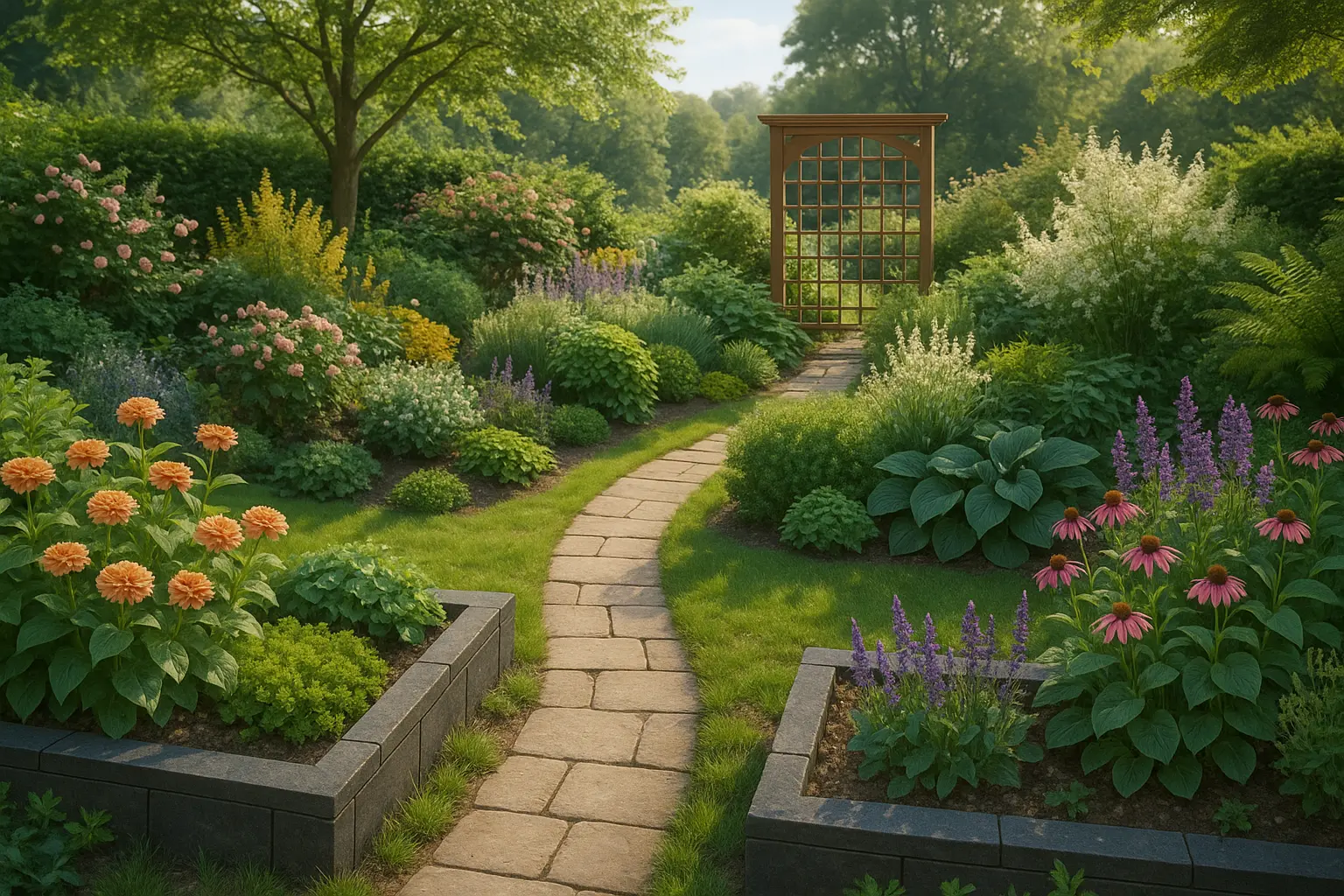I started my digital gardening and second‑brain journey in May 2021, when AI (as we know it today) wasn’t really a thing. Back then, it felt valuable to capture knowledge: stray snippets, tweets, articles, and self‑written how‑tos. That one command I always forgot—like killing a process on a specific port—or a link to the top 100 fantasy books. When I learned something new (e.g., Spring Cloud Functions), I wrote a short guide on GitBook. Not everything was original, but there was real value in having a curated, easily accessible reference, made for me.

The downfall of the knowledge collection
In today’s AI world, that kind of knowledge hoard has largely lost its value. If I don’t remember a command, I can ask ChatGPT, or better yet, tell Cursor what I want to do and let it run the command without me even thinking about it. If I have a question about Scrum, I no longer need to look up notes from an old Agile course, an AI agent can answer more accurately and better adapted to the question than my notes ever could. Those notes can even be risky: they go stale. By contrast, agents are refreshed regularly and can ingest up‑to‑date information directly from the internet.
There’s also AI‑assisted writing. When documenting a recent Software Architecture course, I kept asking Cursor to define concepts in 1–2 sentences. It made it quick and easy to turn rough notes into high‑quality text, but it also raises a question: does this need to be published? If the model already knows, maybe it doesn’t need to live on the public internet.
What still has value?
Original thought, personal experiences, and projects still deserve a place online. A small amount of “generic” notes is fine too, to give other notes context, but in general I want to focus on quality over quantity. Instead of a list of countries I’ve visited with generic info and a few photos, I’d rather publish a travel log, a narrative with insight and story.
For private notes in my second brain, the value proposition is different. I want to document the things an AI companion should know about me and my world. I already interact with my second brain through agents such as Cursor and my personal assistant, Ariyaa, so it’s increasingly a shared second brain. That corpus should also serve as source material for the digital garden. Returning to the travel example: in my second brain there should be a diary‑style record of what happened during a trip, with all the private details, from which I can craft a curated, public‑facing story for the garden.